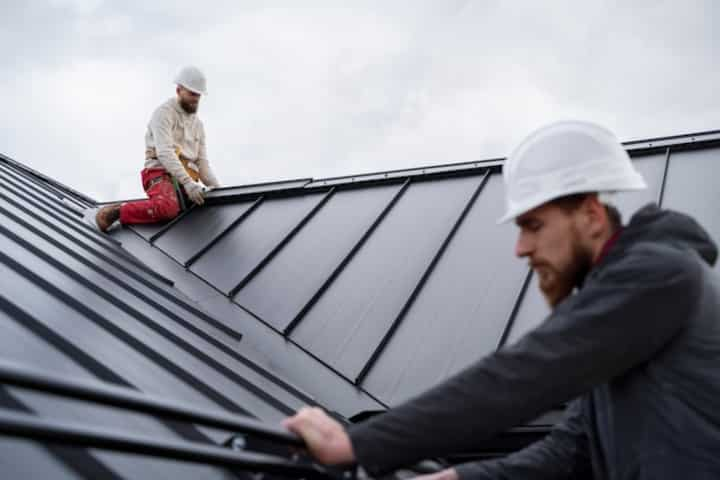
Top Commercial Roofing Contractors Near Me in Fort Smith
When it comes to maintaining the structural integrity and aesthetic appeal of commercial properties, the roof plays a pivotal role. In Fort Smith, finding the right commercial roofing contractor can be a daunting task due to the abundance of options. Whether you're dealing with a minor repair or a complete roof replacement, selecting a contractor who is experienced, reliable, and skilled is crucial. This article provides insights into the top considerations when searching for commercial roofing contractors in the Fort Smith area.
Key Considerations When Choosing a Commercial Roofing Contractor
Selecting a commercial roofing contractor requires careful consideration of several factors. Here are some key aspects to evaluate:
- Experience and Expertise: Ensure the contractor has extensive experience in handling commercial roofing projects.
- Licensing and Insurance: Verify that the contractor holds the necessary licenses and insurance to operate in Fort Smith.
- Reputation and References: Check reviews and ask for references to gauge the contractor's reputation.
- Material Quality: Inquire about the types of materials the contractor uses and their quality standards.
- Pricing and Quotations: Obtain detailed quotations and compare pricing structures.
- Warranty and Maintenance: Confirm the warranty terms offered and the availability of maintenance services.
Read more about this topic to ensure a well-informed decision.
Popular Roofing Materials for Commercial Properties
The choice of roofing material significantly impacts the durability and performance of a commercial roof. Here are some commonly used materials:
- Metal Roofing: Known for its durability and longevity, metal roofing is a popular choice for commercial buildings.
- EPDM Rubber: Ethylene Propylene Diene Monomer (EPDM) is a cost-effective and versatile option for flat roofs.
- TPO Roofing: Thermoplastic Olefin (TPO) offers energy efficiency and resistance to UV rays and chemicals.
- Modified Bitumen: This asphalt-based roofing is ideal for flat or low-slope roofs, providing good waterproofing.
Learn more in this detailed guide about the advantages and disadvantages of each material.
Steps in the Commercial Roofing Process
Understanding the commercial roofing process can help in planning and managing expectations. The process typically includes:
Initial Consultation and Inspection
The process begins with an initial consultation where the contractor assesses the existing roof condition and discusses the project scope.
Design and Material Selection
After inspection, the contractor assists in selecting the appropriate design and materials that meet the project requirements and budget.
Installation and Quality Assurance
The installation phase involves the actual roofing work, followed by a thorough quality check to ensure everything meets industry standards.
Final Walkthrough and Maintenance Planning
A final walkthrough is conducted to address any concerns, and a maintenance plan is discussed to prolong the roof's lifespan.
Explore further insights here to understand the nuances of each step.
Tips for Maintaining a Commercial Roof
Proper maintenance is essential for extending the life of a commercial roof. Consider the following tips:
- Regular Inspections: Schedule bi-annual inspections to catch issues early.
- Debris Removal: Keep the roof free of debris to prevent water pooling and damage.
- Repair Damage Promptly: Address minor repairs quickly to avoid more significant issues.
- Monitor for Leaks: Regularly check for signs of leaks or water damage.
Find additional information here on maintaining a commercial roof effectively.